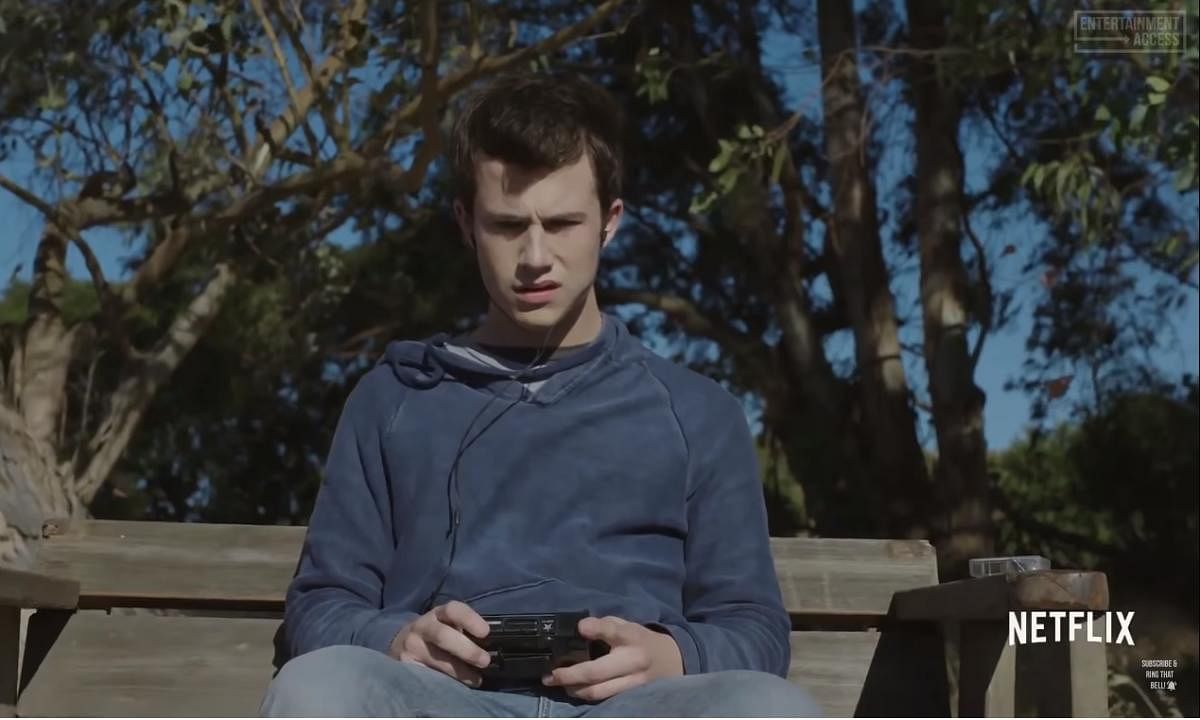
The advent of online streaming platforms such as Netflix and Amazon Prime means children and teenagers now have access to uncensored content.
Leela (name changed), a parent, says this has made monitoring children that much more difficult. Teens can’t be kept away from phones as the devices are used for school and college work, she observes.More than exposure to sexually explicit content and abusive language, the concern for many parents is that children could emulate deviant behaviour. Many popular shows on streaming sites are known to contain scenes of sex and violence accompanied by abusive language.
Teachers say children who watch such shows exhibit a change in behaviour over time. Cynthia Rajan, high school teacher, says the shows can psychologically affect children. Parents point fingers at ‘Game of Thrones’, ‘13 Reasons Why’ and ‘Sacred Games,’ popular shows that are explicit when it comes to sex and crime; their characters don’t shy away from abusive language either.
An argument in favour of the shows is that they come with age ratings. But teenagers also have to cope with peer pressure, and that often wins the battle.
Dr Manoj Kumar Sharma, a professor of clinical psychology at NIMHANS, says that while there may be harmful effects such as irritability or anger, it highly depends on the individual.
“All my friends are crazy about ‘Game of Thrones’. They spend their free time talking about it and I often feel like an outsider. I haven’t watched a single episode,” says Bharadwaj K, a PU student who has resisted peer pressure so far.
Tanaya Rajwade, researcher at the Center for Internet and Society, Bengaluru, says developing effective parental controls is the way forward.
“Industry efforts, such as standardisation of age ratings and providing comprehensive descriptions of content would help parents make informed decisions about the content children consume,” she says.
Some platforms already offer separate ‘children’ accounts that restrict access to age-inappropriate content.
Radha (name changed), parent of a teenager, says her son does not have a phone and so he has to rely on a common television at home.
“He is allowed to watch anything. Since family is always around, he makes appropriate choices,” she says. Unhindered viewing allows the family to have open conversations, in her view.
Radha feels it is better to monitor teens than to stop them altogether from watching streaming platforms.
Dr Manoj agrees, “Problems develop when children are left alone, parents need to be aware of their child’s activities.”